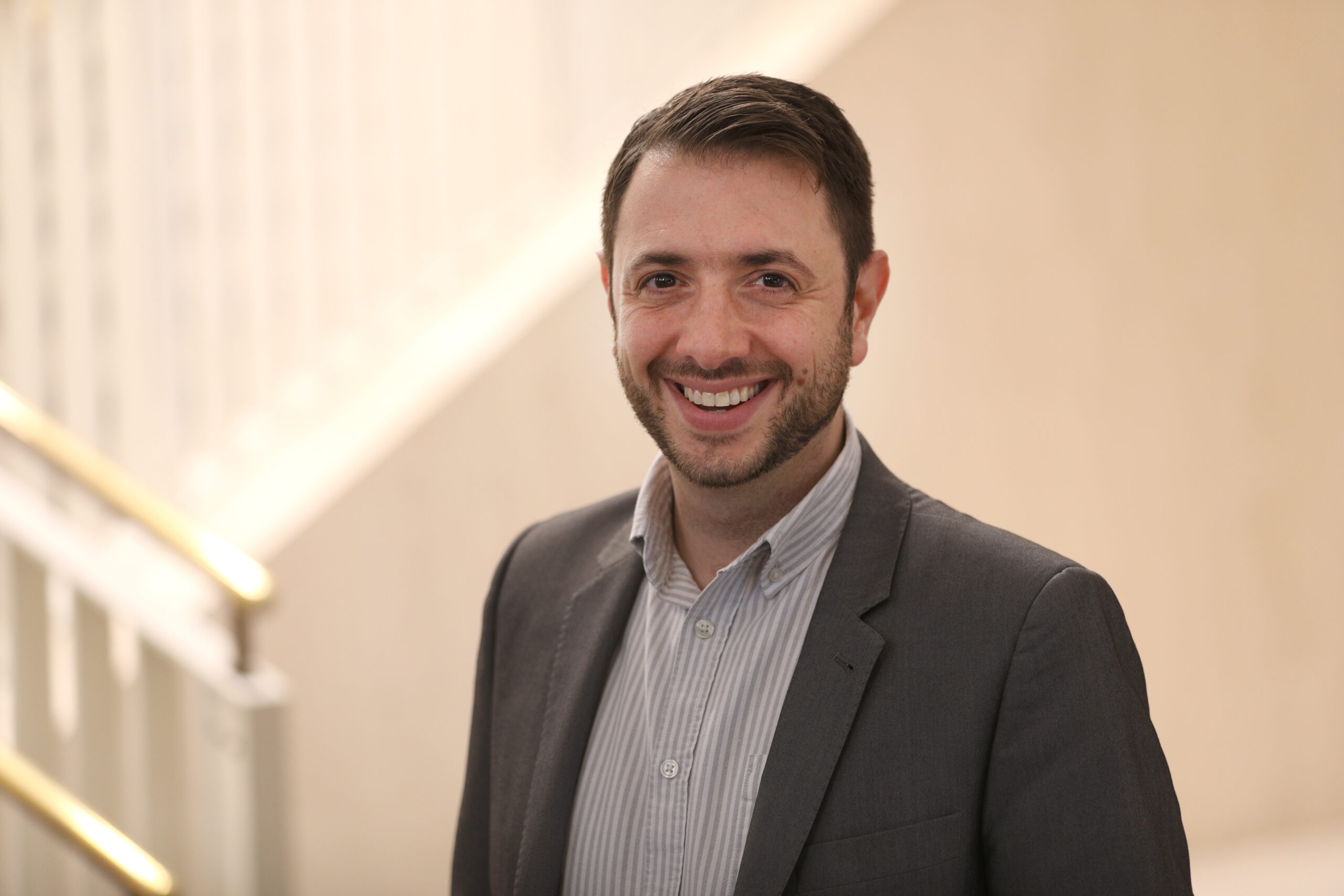
Jon Gerlis is head of PR and policy at the Chartered Institute of Public Relations. In ‘beyond the brand’, Jon shares his career, business and personal interests.
Why did you pursue a career in public relations and communications?
Mine was an unconventional journey into PR compared to many others. I worked around politics, policy, and campaigns in sales roles and then in the charity sector before joining the CIPR. Understanding, albeit a bit further into my career, that I was part of a profession was a turning point and I feel incredibly fortunate to have travelled this career path.
What areas within the industry are you most interested in (currently)?
We hear a lot about the erosion of trust in institutions and organisations. I am interested in the impact that lack of trust has. PR has played its part in that erosion and it will have a leading role in restoring trust, if it wants it. That is why professional ethics and good governance is crucial and should be viewed as a license to do all the other, arguably more exciting, aspects that working in PR brings.
How has public relations and communications changed since you first started working in the industry?
At its core, PR has always been about reputation. The fundamentals have not changed but the attention economy and the expanding media and technological landscape makes PR more vital yet more challenging than ever. It’s like playing basketball on a sandy beach. You still have to score as many points as possible, it just demands a little more strategic thought and manoeuvering.
What trends are you seeing that pose the biggest opportunity or threat to the industry?
The opportunities come from the brilliantly talented people working across the profession. There are many challenges but I’m concerned about today’s pace of work and workload demands. A time-poor workforce with its head down risks burnout but it also creates an environment where we’re not able to adequately provide the horizon scanning and insight that our organisations and clients need from us. Taking time to read around the immediate focus of our work, attend events, network, go on training courses, and log CPD is vital and I fear this is becoming something of a luxury. PR leaders should bake the value of this into their teams and do more than just encourage it.
What do you believe makes a company a great place to work in?
A positive culture is key but too often is something organisations simply hope for or, worse, is handed down in stone as an offering to staff. It’s a process that requires work. One area I think organisations fall short is at middle management level. I think about the organisations I worked for in my early career and my views as to whether they were good or not usually centre around my direct line manager. I worked for a terrible line manager in a fabulous organisation and eventually left because of it.
Do you work in an office, remotely or have a hybrid model? What is your preference, and why?
The CIPR has had no office since the pandemic but we do get together once every two weeks and I am often out and about for meetings and events. It suits me but I recognise different models work for different people and circumstances. There is no one size fits all solution.
What is your leadership or management style?
I try and be consultative and hope I help to foster a working environment where colleagues can and do feel they can contribute ideas and, better yet, challenge my ideas.
What key skill or characteristic do you look for when hiring new people?
The ability to communicate clearly and confidently and show an intellectual curiosity and commitment to continuously learning. PR professionals should have a hunger to understand what is happening in the world around them whether it’s current events, cultural trends, new technologies, or other forces shaping the environments their organisations operate in.
What is your favourite book or movie?
I went through a Vonnegut phase but nowadays tend to exclusively read non-fiction (unless you count the bedtime stories I read my son!). My favourite films are The Blues Brothers, Back to the Future I and II, The Commitments, and (almost) anything with Steve Martin in it.
Would you welcome a digital detox for a week or approach it with caution?
I would absolutely welcome it but probably find it a struggle.
Do you prefer sun holidays or city breaks?
City breaks. I get very bored, very quickly doing nothing.
If you won the lotto what would you do?
Buy a house and fill it with dogs and a pool table.
© 2024 Strategic. Registered in Ireland: 659272